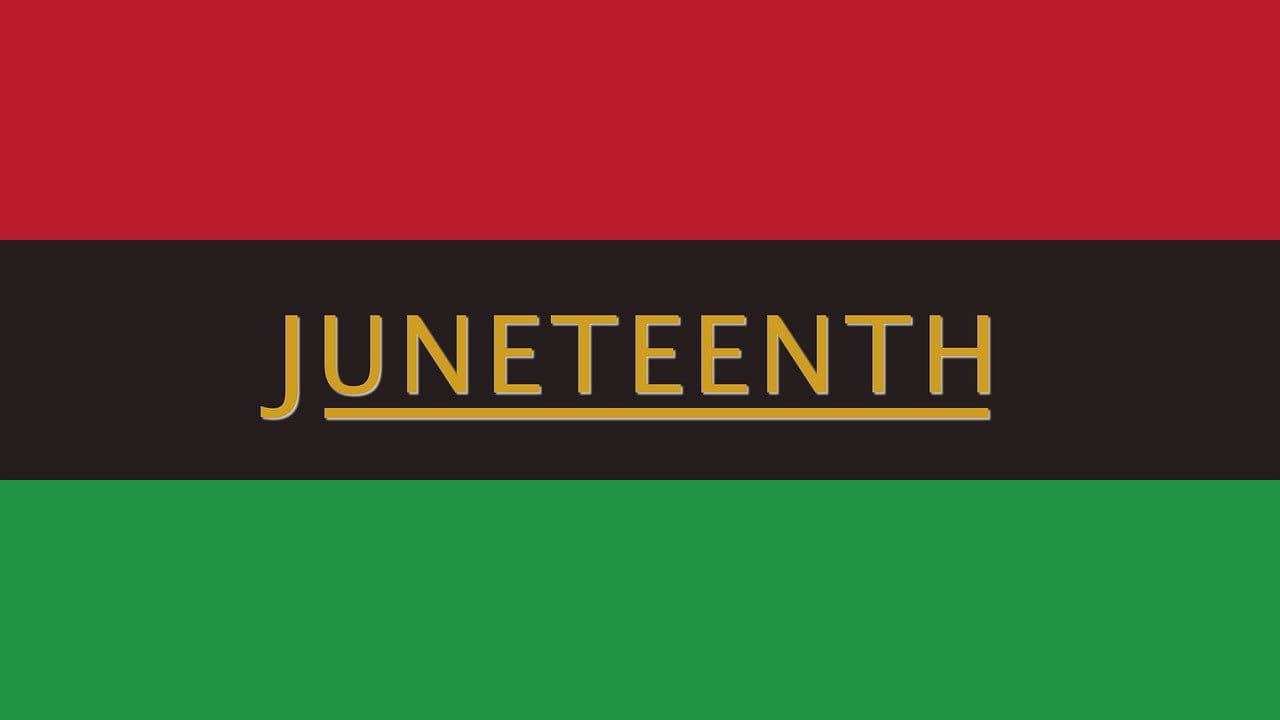It has been just over a year since the murder of George Floyd by a uniformed police officer on May 25, 2020. Since that date, it would be hard to imagine anyone in a leadership position in Corporate America to have not had a conversation regarding the importance of Diversity, Equity, and Inclusion (DEI). These conversations, in my opinion, have fallen into a couple of broad categories, based upon the legacy of DEI programs and policies at the company where the subject is being discussed.
For some companies, where DEI has been ingrained in the corporate culture for many years, the conversation likely centered around a discussion of the merits of these programs, and how they might be enhanced to maximize their results for the good of the company’s stakeholders – employees, managers, and executives, their families, clients, suppliers, and, of course, shareholders. While not easy conversations, those corporate leaders certainly had the benefit of years of “doing the right thing”, of backing up their words with concrete evidence of actions that had been taken long ago, to create a culture of inclusion throughout the workplace.
Other companies, however, were not so fortunate. For many, taking the “me too” approach seemed the only way to go. Often, it was a case of “too little, too late.”
Yesterday, President Biden signed into law: S: 475, the “Juneteenth National Independence Day Act,” which designates Juneteenth as a legal public holiday. And, today, many businesses, schools, and communities across the country will honor Juneteenth as a recognized holiday. We’re proud that Acronym is among them as our offices are closed so our employees may reflect on the meaning of the day.
The holiday, which is finally seeing the recognition it deserves, commemorates June 19, 1865, when Union Major General Gordon Granger read federal orders stating that all enslaved people in Texas were free.
Until that day, despite the Emancipation Proclamation issued by President Abraham officially freeing all slaves in the states that were in open rebellion in September of 1862, many slave owners migrated west toward Texas to escape the control of the Union army. In fact, following the Union capture of New Orleans in 1862, it is estimated that over 150,000 slaves were relocated to Texas. As one of the most remote slave states, the enforcement of the Emancipation Proclamation was especially slow in Texas. Consequently, General Granger’s issue of the federal orders reflects one of the final stages of official emancipation of slaves in the Confederacy.
A year later in 1866, the first celebrations of Juneteenth occurred amongst several church congregations in Texas. Throughout much of the early 20th century, the celebrations spread across the South, and the holiday grew in popularity during the Civil Rights era and has seen worldwide acceptance in the wake of George Floyd’s murder and the emergence of the Black Lives Mater movement.
Diversity, Equity, and Inclusion have long been keys to successful implementation of many corporations’ strategic growth plans. They have been consistently proven to be important in both attracting and retaining top talent, as well as increasing a company’s client base. And, seeing corporate America recognize Juneteenth reflects the significant progress that’s been made over the years.
Simply put, embracing DEI is the right thing to do. I have spent close to forty years in corporate America, working for both small companies and large enterprises, all of which saw the value of DEI, and all of which encouraged me in my advocacy of those programs, often as an integral part of my job responsibilities. Last year, I was given the opportunity to present a training session on racism that focused on White Privilege and Unconscious Bias. Attendance at the session was voluntary, and yet over 90% of the workforce, which is predominantly white, showed up. And the effect was profound.
For the better part of a week after the session, I received calls and emails from attendees, attesting to the positive impact the session had on them and their families, as they began to finally understand issues that many of their co-workers had been dealing with their entire lives. One of them made a comment that, I think, will stay with me forever. In his email he said, “When you asked the question ‘Have you ever had to talk to your son about how to survive a routine traffic stop and make it home alive?’, I realized how very privileged I have been as a white man. To be honest, up until that moment, my only thought would have been what that speeding ticket my kid got was going to do to my auto insurance rates. The thought that his getting pulled over for speeding, or some such thing, could lead to his death at the hands of law enforcement would never have crossed my mind.

As a parent, I cannot imagine knowing that could happen to my child, let alone that it would be tolerated by much of our society. Not any longer!” Reading this, I realized there were tears streaming down my face, and I sat back and smiled, knowing that there had been a breakthrough in awareness for at least one person, and hopefully quite a few more. And that, to me, is the most significant value to DEI.
So, with that in mind, I am once again proud to work for a company like Acronym that doesn’t just talk about diversity, equality and inclusion as the latest buzzwords. Here at Acronym, we walk the talk. You see it in the make up of our employees and senior leadership; you see it in the programs and internal initiatives we embrace, and you can see it in the moments in time we honor.
When thinking about the long-awaited national observance of this day, I can’t help but to think of the quote from Coretta Scott King who said, “Struggle is a never-ending process. Freedom is never really won; you earn it and win it in every generation.”
This quote rings as true today as the day she first spoke it. There is still much work to be done in this country and around the world to ensure every human being is truly free.
But, it’s heartening to see that this year, for the first time, our country is officially recognizing Juneteenth as a federally recognized holiday.
POV By Irwin Drucker, Chief People and Diversity Officer, Acronym










